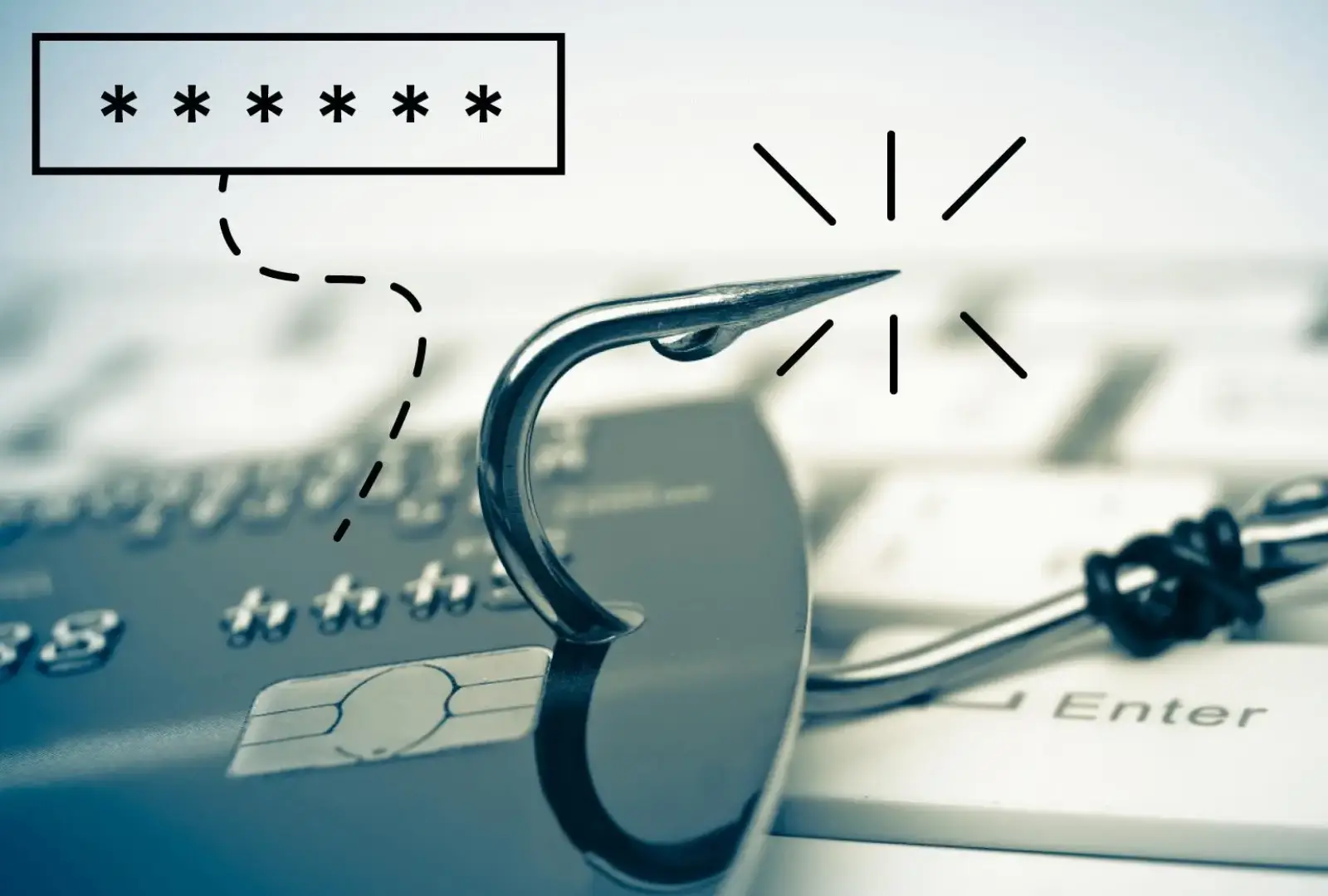
In today’s interconnected world, where digital communication has become an integral part of our lives, the threat of phishing has emerged as a significant concern. Phishing is a cybercrime technique used by malicious individuals to deceive and manipulate unsuspecting users into divulging sensitive information, such as passwords, credit card details, or personal data. This article aims to shed light on the concept of phishing, its various forms, and most importantly, provide practical tips to protect yourself from falling victim to these scams
Phishing attacks typically involve fraudulent emails, messages, or websites that impersonate legitimate entities, such as banks, social media platforms, or online retailers. The primary goal is to trick users into sharing their confidential information or downloading malware onto their devices. Phishing attempts often employ psychological tactics, exploiting human vulnerabilities like curiosity, urgency, or fear to make victims act impulsively and divulge sensitive data.
This is the most prevalent form of phishing, where attackers send deceptive emails appearing to originate from trusted sources. These emails often contain urgent requests, false notifications, or enticing offers, directing recipients to click on malicious links or provide personal information.
Unlike generic email phishing, spear phishing involves targeted attacks on specific individuals or organizations. Cybercriminals gather information about their victims through social engineering or online reconnaissance, making the phishing attempt appear more credible and personalized.
Phishing has extended beyond emails to mobile devices. Smishing (SMS phishing) involves sending fraudulent text messages with enticing offers or alarming warnings, typically requesting users to click on malicious links or provide sensitive information via text replies.
Also known as vishing, this technique employs voice calls to deceive victims. Attackers pretend to be legitimate individuals or representatives of organizations, coaxing victims into revealing personal information over the phone.
Exercise caution and skepticism while dealing with unsolicited messages, emails, or phone calls. Scrutinize the sender’s email address or phone number, and be cautious of any request for personal information or financial details.
Independently verify the authenticity of the sender or organization by contacting them directly through verified phone numbers or official websites. Do not rely solely on information provided in the suspicious communication.
Hover your mouse over hyperlinks to view the actual destination URL. If the link appears suspicious or unfamiliar, refrain from clicking on it. Instead, manually type the website address into your browser or use a trusted bookmark.
Exercise caution and skepticism while dealing with unsolicited messages, emails, or phone calls. Scrutinize the sender’s email address or phone number, and be cautious of any request for personal information or financial details.
Exercise caution and skepticism while dealing with unsolicited messages, emails, or phone calls. Scrutinize the sender’s email address or phone number, and be cautious of any request for personal information or financial details.
Exercise caution and skepticism while dealing with unsolicited messages, emails, or phone calls. Scrutinize the sender’s email address or phone number, and be cautious of any request for personal information or financial details.
Phishing continues to pose a significant threat in the digital age, exploiting the trust we place in digital communications. By understanding the various forms of phishing attacks and adopting proactive measures, we can safeguard ourselves against falling victim to these scams. Stay vigilant, verify sources, and employ best practices to protect your personal information and maintain a secure online presence. Remember, in the battle against phishing, knowledge and caution are your most potent weapons.